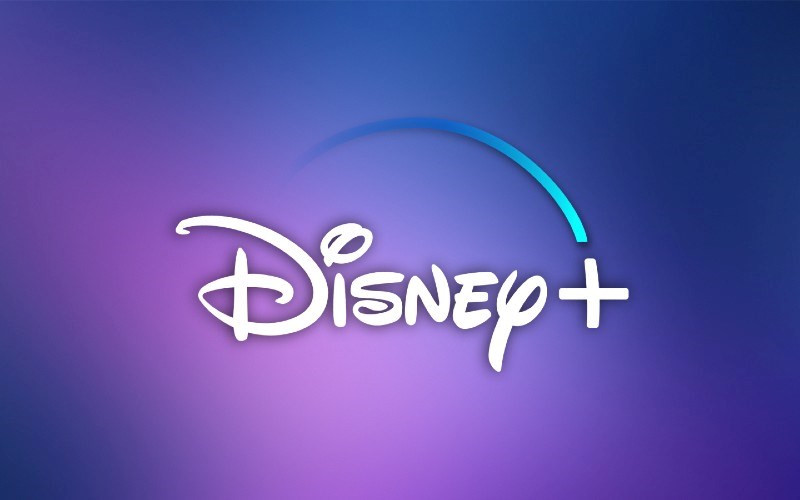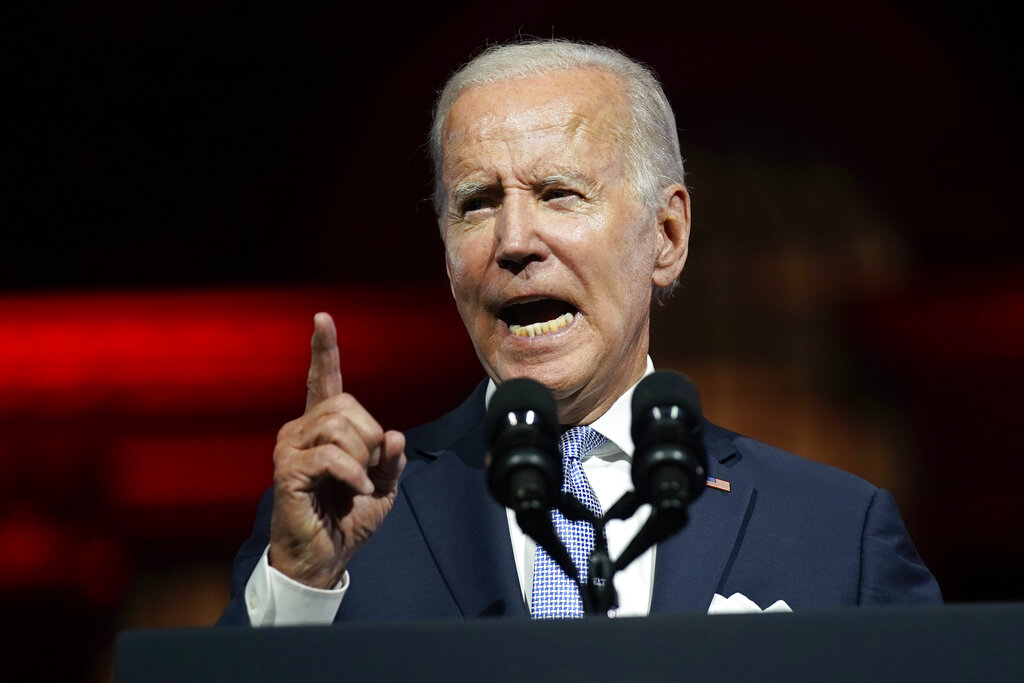Sometimes it takes a lawsuit to shine light on questionable actions. That's where Disney finds itself after investors' legal filing in May has begun to make news.
The suit filed in California federal court accuses Disney of engaging in a fraudulent scheme designed to hide costs incurred by Disney+, the streaming service, and make predictions that it would be profitable by 2024, according to The Hollywood Reporter. The suit targets fired CEO Bob Chapek for his alleged cost-shifting scheme to conceal declines in subscriber growth, other losses and cost overruns.
Disney+ lost four million subscribers in the first quarter of 2023 alone, according to The Independent. That's after losing 2.4 million subscribers at the end of last year.
"We've seen the signs of Disney's decline for a while now," Paul Chesser, director of the Corporate Integrity Project for the National Legal and Policy Center, said on Washington Watch Thursday. "They put a lot of stock in Bob Chapek to build up Disney+. At the beginning of COVID they rolled it out, and there was a lot of fanfare, and subscribers rapidly grew until the end of 2022."

Now Disney+ has shown a decline in subscribers for three-straight quarters.
"Shareholders are saying, 'What's up? What's up with this?'" Chesser explained. "They're saying they've been misled. There have been a couple of other shareholder lawsuits about misleading information which is a no-no under SEC rules. That's their gripe."
The Disney decline predates the struggles of Bud Light and Target which appeared connected to identifiable single events. Target began displaying its LBGTQ "Pride" merchandise in prominent areas of its stores. Bud Light thought it would be a good idea to use transgender social media star Dylan Mulvaney to sell beer.
Their stories made headlines, but Disney's problems have flown below the radar.
Why are you not hearing about Disney?
"The mainstream business media is really noticing what's happened with Bud Light, with Target. For some reason they were covering for Disney – and they're still covering for Disney. But I don't think they can hold out much longer with that," Chesser shared.
"They love Bob Iger, the CEO of Disney. He's now returned, and he's supposed to be the returning hero to restore Disney to its glory after Bob Chapek's supposed failures. But it's declined further under Bob Iger, and he's continued to validate the woke programming."
 It's not only woke programming. Disney pushes the trans agenda in its theme parks in a number of ways, one by having males dress in women's clothing to greet small girls then lead them through Disney World's "Bibbidi Bobbidi Boutique" to help them have a princess experience and ultimately purchase high-priced gowns and dresses.
It's not only woke programming. Disney pushes the trans agenda in its theme parks in a number of ways, one by having males dress in women's clothing to greet small girls then lead them through Disney World's "Bibbidi Bobbidi Boutique" to help them have a princess experience and ultimately purchase high-priced gowns and dresses.
Increasing support for transgenders and the LGBTQ community has been a Disney priority to the point of inserting itself into Florida's Parental Rights in Education Act which, among other safeguards, prohibits classroom instruction on sexual orientation or gender identity in kindergarten through third grade.
Chapek called Florida Gov. Ron DeSantis to tell him Disney did not support the bill, which DeSantis eventually signed into law. In response, Disney promised to stop contributions in all Florida campaigns after contributing almost $5 million in 2020.
A battle of politics: California vs. Florida
Parents of LGBTQ+ children argue Disney "can be an incredibly positive, gender-affirming experience and a chance for kids who are socially transitioning at home or school – or haven't transitioned yet – to express themselves without worry. It doesn't get more magical than that."
Chesser sees it quite differently. "I think it's a battle between Florida and California politics at this point, and California is winning out as far as who's prevailing in the programming and in the theme parks and so forth. But I think we're seeing – with the decline of share price and the value of the company – that it's not working," he told show host Tony Perkins.
Disney stock hit a 52-week low last week.
Chesser it's hard to get a read on what Disney executives are thinking.
"It's hard to peg Disney as to what they think because they're very insular. We try to engage them as shareholders, and they're disrespectful. They don't answer our messages. We've had two shareholder proposals the last two years with them. Engagement has been nothing," he said.







